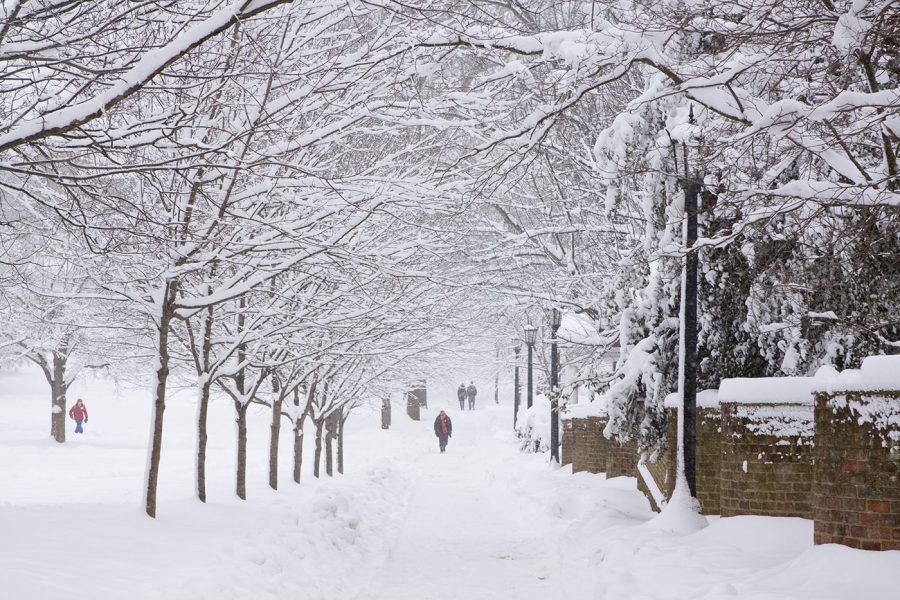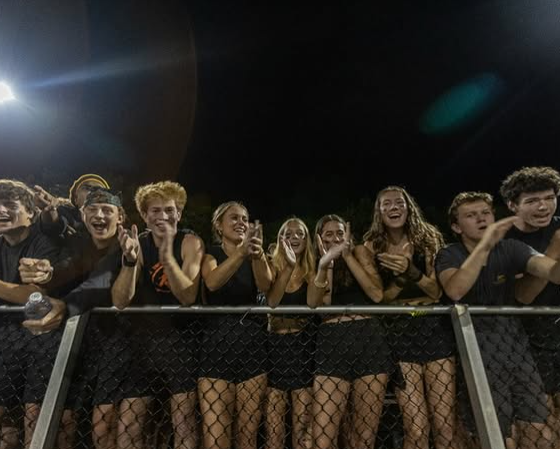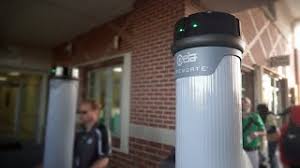Inside the Snow Globe: What it Takes To Make the Call
October 12, 2021
It is a cold December Monday morning. You wake up early for your early morning class and look out the window to a white layer covering the ground. Instant excitement hits as you realize that you might not have to take that math test today. You check your phone and turn on the news to see if there’s any update about school closure. Little do you know that, behind the scenes, Charlottesville City School Administration is making difficult decisions to keep faculty and students safe.
Potential Snow days either bring students opportunity for excitement or disappointment if they do not happen. All students see is the notification, email, or news blast if school is cancelled. They do not see all of the complex decision making and discussion that goes into canceling school. I sat down with Dr. Katina Otey, the Chief Academic Officer for Charlottesville City Schools (CCS), to understand better what factors affect school being cancelled for the school system. She works closely with the Superintendent, the Public Works Department, and the Department of Transportation to make a very careful decision about school closings.
When asked about her role in making the decision for school closures, Dr. Otey said they try to make a decision as early as possible but, “it really depends on when the weather’s going to be occurring and how strong of confidence there is in the report as well. If we know that there is snow or ice that’s going to be coming a certain day in the week we start looking days in advance. To see if the weather forecast has changed or altered or moved away. So we are watching constantly specifically during winter months but also during hurricane season. It is not always possible to make a decision about closing the night before a weather event, we just have to watch and see.”
All school districts are given a certain number of school days off by the state for unscheduled days off. Virginia gives 10 remote learning days for unscheduled cancellations per year. Those days might be used in the case of another Covid outbreak. It is CCS’s goal to not use those days for weather cancellations at all. Instead, have normal weather cancellation days with no need for remote learning. Otey says, “It is our goal to have snow days as we have before, unless there’s weeks out. We know that if it requires too many days of school where students are out then we are going to look at utilizing some remote learning.”
As climate change becomes more prevalent in our everyday lives, attending school might become more of a challenge. Temperatures are rising and more dramatic storm events are happening more frequently, although so far there hasn’t been any change in policy about what to do when these events become our daily life. Dr. Otey explains that she doesn’t know how climate change will affect how we attend school, “[w]e follow the state guidelines, and I am sure that climate change is a concern not only in Charlottesville but nationwide. I know that it is being watched and we will make those decisions as they come. We are just not at that point yet where we change that number [# of days off].”
Albemarle County Public Schools (ACPS) makes similar decisions to CCS every time there is a weather event. But they have to consider a wider area and the fact that more people are affected by their decision. ACPS is more liberal in their cancellation decision which does not always seem fair to CCS students, whose friends in the county get school off when they do not. There is usually some consistency between the city and county’s decision, but Dr. Otey says, “I can’t always guarantee that we will make the same decision. And I can’t say we’ll always have a different decision. I do communicate with our regional partners when there is a weather forecast. And the weather impacts different areas differently so sometimes different school divisions have to make different decisions based on how it is going to impact their area.”
Transportation is a major concern to administrators and parents during bad weather. But it is not the only factor that affects school shutdowns. Dr. Otey explains, “When I hear from public works about the roads we also hear from the Transportation Department about what our bus routes are looking like. All of that is huge, we do not want to put students on buses that are going to put them at risk. We also don’t want to send our school nutrition workers out to start preparing meals when the roads are not safe. And also we are looking at how the facilities look, are the sidewalks clear, do we have any power outages. There’s lots that we could look at but certainly we don’t want to put buses on the roads when it’s not safe. That is a huge part of our decision.”
After taking into account all of the factors and coming to a decision, then comes the task of informing families. CCS works with their communications coordinator, Beth Cheuk, to send out the news as fast as possible. Often families do not agree with the call made by the administrators because the weather ends up not as big of a threat as predicted. Dr. Otey says, “It’s a challenge on both sides. If we close and it wasn’t necessary in some people’s eyes we will get backlash. If we stay open and some thought we should’ve closed there’s going to be backlash. We have to make the most informed decision that we can with the data that we have. We know that everybody is not always going to be happy with the decision but we have to keep student and staff safety first in all of our decision making.”
Many factors go into the decision to close school to ensure that students are getting their education, while making sure everyone is safe in the process. Students must remember how much time and consideration our administrators put into their decision.






